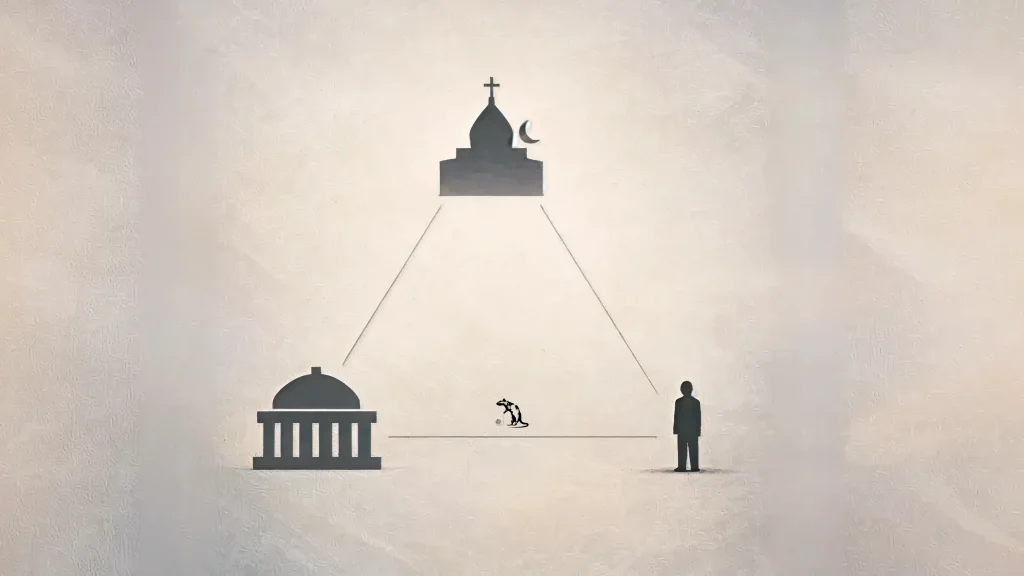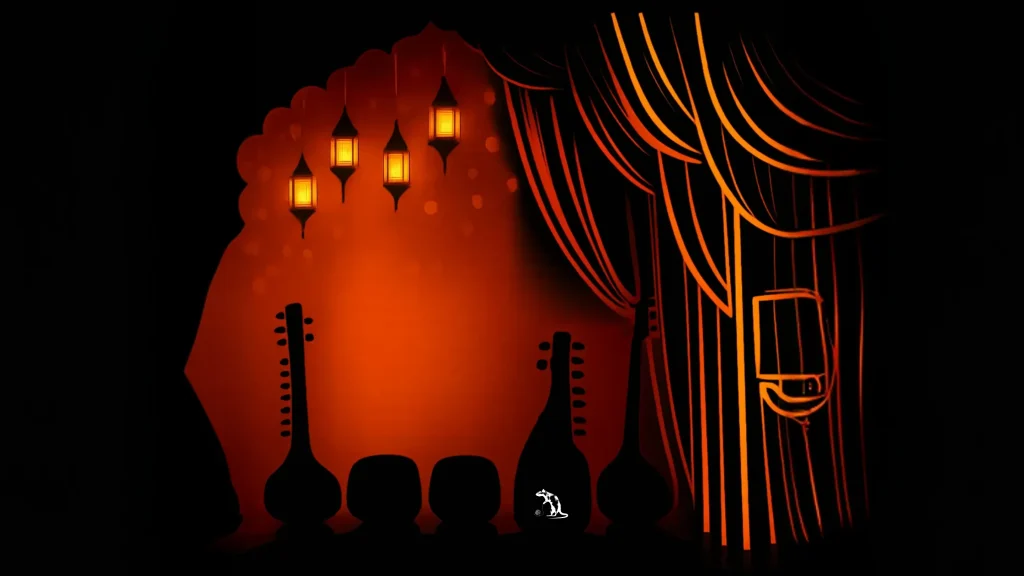Once upon a time, a tired-looking gremlin with bug eyes and too many teeth popped out of a plastic box. Its name was Labubu. And for some godforsaken reason, we decided it was cute.
Fast forward—blind-box hysteria, social media unboxings, celebrity endorsements, and resale prices costing more than someone’s actual rent. Boom, a cult is born.
But here’s the real kicker: Labubu isn’t the problem. Labubu is the mirror. And baby, we’re all staring back with dollar eyes, empty wallets, and a cart full of creepy-cute things we don’t even know why we want.
Is this Capitalism’s Final Form?
Take some plastic, slap on ‘limited edition,’ add a sprinkle of FOMO and let the algorithm do the rest.
It doesn’t even matter what it is anymore. It just has to be wanted. We don’t want Labubu. We want the idea of having it first, owning it before it’s sold out, showing it off like a badge that says “I belong to the now.”
Of course our generation would find comfort in something that looks like it hasn’t slept in years and might bite you if hugged wrong. Relatable.
Everything Sells. Everything Must Trend.
Dolls, drinks, healing crystals, sweaters for mugs—literally anything. If it can be sold, it will be. If it looks cute, it becomes a trend. If enough people post about it, suddenly we all think we need it.
But what is the relevance? What are we even reaching for? Look at this thing for two minutes and you start having an existential crisis.
This is the world we live in: where millions of children go hungry, and people spend thousands on collectible dolls. Where trends move faster than relief. Where we’re taught to want things—not question them. And somehow, that’s normal.
It’s Not About the Dolls. It Never Was.
This obsession tells us more than we think.
Because it’s not really about a doll. It’s about control. About comfort. About reaching for something that feels like it has shape in a world where everything feels blurry.
Labubu isn’t just a toy. It’s a small, strange trophy for being quick enough, tuned in enough, lucky enough to prove you exist inside the noise. That “limited drop” isn’t just scarcity, it’s emotional engineering. It creates urgency, inflates desire, and feeds the illusion that if we miss out, we’ve missed everything.
And the scary part is, It works. Even when we know it’s hollow, it works.
But Why Does It Work?
We talk a lot about capitalism, about the algorithm, about the marketing. But maybe the bigger question is:
Why do we fall for it? Why do we keep reaching for things that give us nothing back?
The answer might be simpler and sadder than we think. We’re lonely. We’re overstimulated. We don’t know where to put our pain or our wonder or our confusion. We scroll for hours, looking for meaning, and settle for distraction. We surround ourselves with color and chaos because silence feels unbearable.
We laugh at Labubu’s dead-eyed stare because it reflects something we don’t want to admit. We feel like that too sometimes. This isn’t just consumerism. This is survival.
We Know When It’s Hollow
Maybe we don’t have the full language for what’s happening to us. But we know when something doesn’t feel human. When it doesn’t feel real. We know when the shiny things we’re chasing aren’t filling anything. We know when the noise around us starts to feel like silence on the inside. We were meant for more than this. Not in some grand, dramatic way but in the quiet, stubborn way that says, this can’t be it.
Life has to be bigger than this. Bigger than the endless scroll. Bigger than the next drop. Because deep down, even in the absurdity of it all—we can feel the difference between something that matters and something that’s just there.
Labubu Isn’t Random. It’s a Symptom.
The Labubu obsession isn’t random. It’s a perfect symptom of the age we live in. It’s cute. It’s creepy. It’s collectible. It’s capitalism. It’s loneliness. It’s grief wearing a smiley badge.
And if we don’t pause to notice what it’s doing to us, what we’re doing to ourselves—then Labubu’s not the monster.
We are.



